Let’s talk exam technique for Auditing!
You’ve worked through the theory, you’re working on perfecting your knowledge, now you need to give some thought to how you’ll present the information in the exam.
Communication is key
Firstly, remember that Auditing is a communication subject. As much as you may not like to hear this, your communication and language skills are very important in Auditing. This means that your presentation of the information can affect the marks you get. So, what should you be working on?
NEVER write essays in Auditing. Everything should be in point form. Get used to thinking of every point as only one mark. If you can communicate your point in one sentence, that’s one mark. If it takes you one paragraph to communicate your point… that’s STILL only one mark! With the time restraints you have in the exam, being able to communicate briefly (NOT abbreviated!) is essential. As a rule of thumb… don’t let your point run over four lines long. Keep in mind that you’ll only get one mark, so don’t waffle!
One Thought, One Point, One Mark
On the same topic… be careful that your sentence or point doesn’t have more than one thought in it. The examiner will easily overlook the fact that there is more than one thought in your point, and only give you one mark, where you might have two valid points… ONE THOUGHT, ONE POINT, ONE MARK.
Here’s an example to illustrate the above.
Case Study:
As an audit partner, Bob has been asked to perform the role of statutory auditor for ABC (Pty) Ltd. The major shareholder of ABC is Dan, who is Bob’s father.
Required:
Discuss the above situation in terms of the Code of Professional Conduct
Solution 1:
If Bob takes on the role of Auditor for ABC (Pty) Ltd, he will be compromising the fundamental principle of objectivity in terms of the Code of Professional Conduct. Bob may overlook fraud and error due to a familiarity threat because of the close family relationship and possibly even self-interest threat to him because the major shareholder is his father and it would be in his interests to protect direct family. As the father, there may also be an intimidation threat. This family relationship is to close for him to be independent and there is no safeguard available that can reduce the threat to an acceptable level. According to the Code of Professional Conduct, Bob shouldn’t take on the role of statutory auditor
What do you think of the solution? What does the examiner think?
- The solution is VERY long. If we think of the “one thought, one point, one mark” principle, this is a lot of writing for one mark!
- BUT there is more than one thought in that point, right?
o Question is… will the examiner be able to tell exactly how many thoughts you squeezed in there?!
Let’s take the same solution, and break it apart into separate points, so the examiner doesn’t have to try figure out how many thoughts you have in there!
Solution 2:
- If Bob takes on the role of Auditor for ABC (Pty) Ltd, he will be compromising the fundamental principle of objectivity in terms of the Code of Professional Conduct.
- Since Bob’s father is the major shareholder of ABC, this can create the following threats:
o A familiarity threat to his independence, since Bob may overlook errors / fraud due to the close family relationship
o A self-interest threat, since it is in Bob’s interests to protect his direct family
o Since Bob is the son, there might also be an intimidation threat from the father who might force Bob to overlook things
- According to the Code of Professional Conduct there are no safeguards that can reduce these threats to an acceptable level
- Based on the above contraventions to the Code, Bob shouldn’t take on the role
Can you see the difference? The thoughts are laid out separately, so the examiner can tell them apart. This means you are likely to get at least 5 or 6 marks for this solution.
Repetition of the case study
Solution 2 is still quite long though. How can we reduce the amount of writing that went into this?
When marking students work, I often find they repeat the information in the case study unnecessarily. You don’t have to tell the examiner what’s already in the case study… you just need to make the connection between the information and the solution.
Take a look at Solution 2. How much information is unnecessarily repeated from the case study?
Without the repetition of information that the examiner already knows, we can reduce the solution a little more:
Solution 3:
- The relationship between Bob and his father may impair his objectivity as the auditor of ABC
- The threat may be:
o A familiarity threat to his independence, since Bob may overlook errors / fraud due to the close family relationship
o A self-interest threat, since it is in Bob’s interests to protect his direct family
o An intimidation threat due to the father / son dynamic
- There are no safeguards that can reduce these threats to an acceptable level
- Based on the above contraventions to the Code, Bob shouldn’t take on the role
You don’t need to keep repeating the role that Bob has been offered, since it’s stated in the case study. The question ONLY asks for information relevant to the Code of Professional Conduct, so you don’t need to keep referring to it.
Note the differences between solution 1, 2 and 3. All the relevant points are still there, the examiner knows exactly what information you’re referring to, and yet it’s brief and won’t take a lot of time in the exam. It’s laid out well, easy to read, easy to mark.
Conclusion
Work on your writing style. Don’t just focus on the theory of the answer. You may have the theory correct, but if it takes you too long to figure out how to write it down, you’re losing valuable time!
When you’re studying, write your solution down. Before you mark it, try improve it further, using the above processes. It may take a little longer at first, but it’s a very valuable skill and habit to learn!

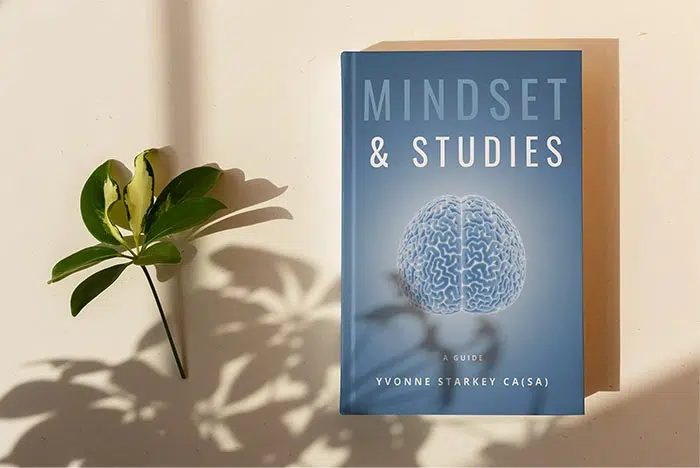


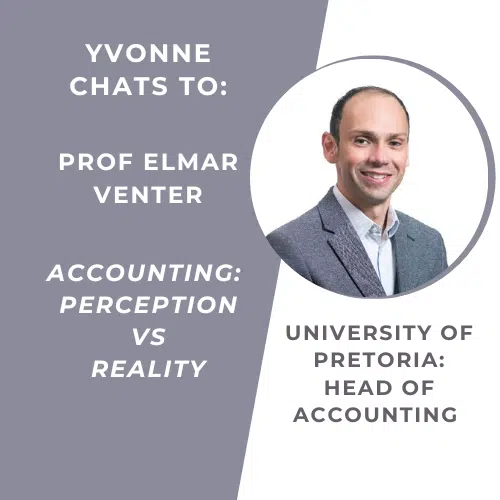


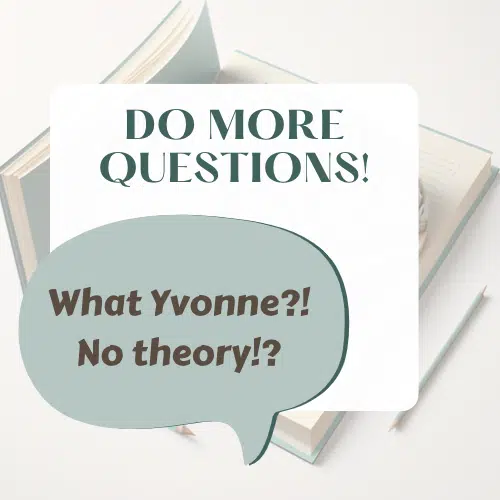
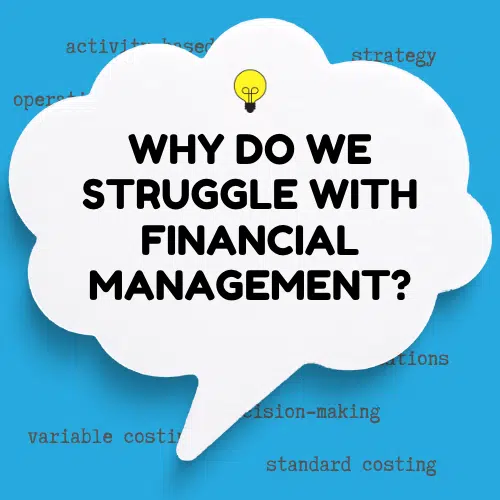



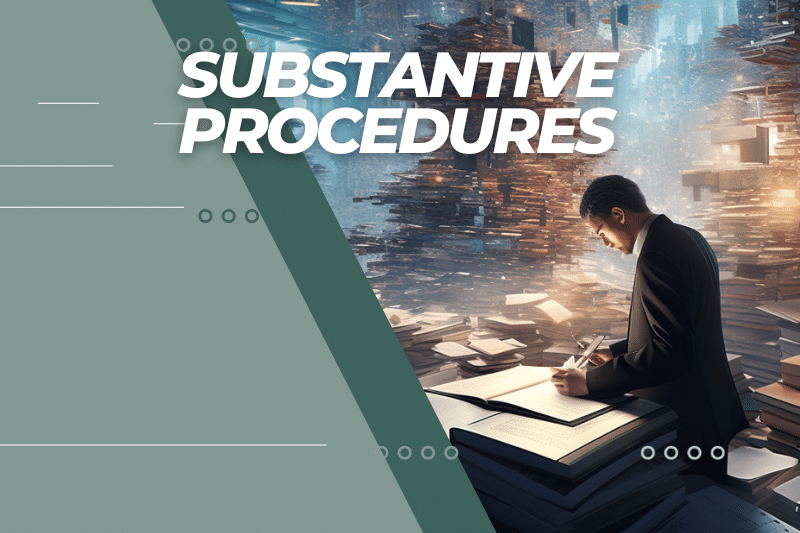

5 Comments
Thank you, this is very useful.
Very helpful.
Writing Auditing in two/three days. Very convenient to stumble onto this.
Thank you.
I will definitely try this method of answering. Thank you, I also find this very helpful
Spot on! Love it and will use it this afternoon.
Awesome… hope you nail that exam!